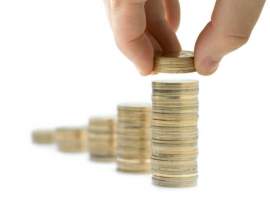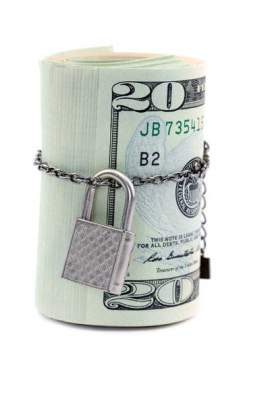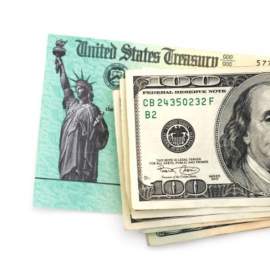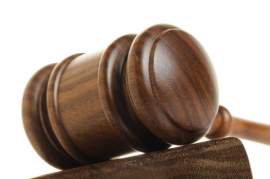
District of Columbia Tax
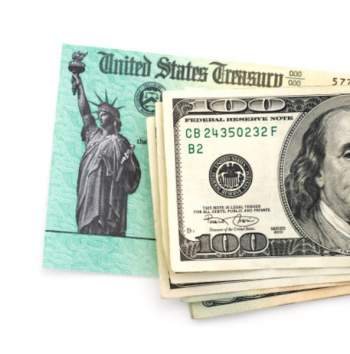
Primary Concerns:
Much of the present concern about taxes in the District of Columbia, as it is in most areas, is based on trying to stay ahead of rising economic conditions that have caused much instability in state and city governments all across the United States. One of the recent measures that District government has tried to implement to offset this measure has been a beverage tax that would call for a $0.01 tax per ounce on all soft drinks sold in the District. This has led to a well funded opposition on the part of the beverage industry to combat the potential passing of this law.
Historically, though, many of the concerns of those living in the Washington, DC area have been complaints over the inconsistency of taxation. Taxes are changed with great regularity in the District, seemingly with every change in district government, and it becomes hard for many to try to keep adhering to the sudden changes in income and property tax requirements.
At a federal level, because the District has never had a say in federal taxation (because it is not located in a state it has no Congressional representation with voting power). Thus, there have historically been calls for city and district taxes to be reigned in to account for this, especially in its dependence on regressive taxes, such as high sales taxes on particular service that are designed to take advantage of tourism and travel to the nation's capital. It is also felt that the district's corporate tax policies discourage small business development in that they are too high.
However, with District incomes falling short in terms of revenue needed to maintain government, it is likely that District residents will likely see more and higher taxes in the future, not less and fewer ones; a sign of the precarious state of city budgetary concerns going forward.
Income Taxes:
Individuals who reside full or part time in Washington, DC are required to pay income taxes, however the manner that this is broken down is more complicated than it is in most of the fifty states. One of the key elements is the concept of permanent residency, since many individuals who work in the government sector of Washington, DC and are sometimes required to travel throughout the country in the world.
Therefore, if Washington, DC is listed as permanent resident, then an individual is required to file a District of Columbia tax return. However, even if the individual does NOT list Washington, D.C. as a permanent residence, but they resided in the District for 183 days or more of the year, then they are still required to file a District tax return.
Military personnel and their spouses who list Washington, DC as their residence while serving are also required to file District tax returns.
Individual income tax rates are based on a progressive rate, with staggered levels of flat tax and rates. The first $10,000 of an individual's income is 4%, while anything between $10,000 and $40,000 is $400 plus 6% of everything above the base of $10,000.
Therefore, if an individual's gross income is $15,000, the first $10,000 will be 4%, while the remaining $5,000 requires $400 plus 6%, or $430 when calculated. Anything above $40,000 is $2,200 dollars plus 8.5% above the base of $40,000.
Social security income is excluded from this, and there is a $3000 exclusion on military retired pay, pension income, and annuities from either the District or federal government.
Corporate Income Taxes:
Corporate taxes are classified under two categories in Washington, DC: corporate and unincorporated. Corporate businesses are corporations that are either based in the District or have a significant nexus in the District to become taxable, generally from income. The tax rate for these companies is 9.975% with a minimum tax of $100.
With unincorporated businesses the rate and minimum are identical, but the unincorporated businesses have more precise income specifications to be eligible for taxation. An unincorporated business must have gross receipts over $12,000, though there is a salary allowance for the owner 30%, as well as a $5000 exemption before arriving at the taxable income.
Property Tax:
Property taxes in Washington, DC are determined on the district level and based on an amount equivalent of every $100 of an assessed property's worth. Property in the District is relegated into three classes: Class 1 is residential property, Class 2 is commercial and/or industrial property, and Class 3 is vacant property.
At present the rate for Class 1 property per $100 is $0.85, or in language commonly used in other states, 0.85 mills. Therefore a property worth $10,000 would have $85 in property taxes under this system.
Class 2 property assessed at a value of $3 million dollars or less, the tax rate is $1.65 per $100. Property valued at more than $3 million will have a split rate, with the first $3 million having a tax rate of $1.65 per $100, and anything above that base being taxed at a rate $1.85 per $100. Therefore, if a business property is worth $5 million, the taxes on the first $3 million would be $49,500, while on the next $2 million it would be an $37,000.
Class 3 property has an extremely high tax rate of $10 per $100.
About 30% of all property tax is exempt from property tax collection because it is owned by the federal government, foreign embassies, or diplomatic offices.
Sales Taxes:
Sales and use tax in Washington, DC has a standard tax rate of 6%, with unprepared foods, prescription and non prescription drugs, and residential utilities being exempt. There are additional sales tax on additional items, many specifically related to tourism and travel (two important industries in Washington, DC). Restaurant meals and take out meals as well as rental cards have a 10% sales tax. Commercial parking has 12% tax rate, and hotel or motel lodging has a rate of 14.5%. Alcohol sold for independent consumption has a 9% tax rate.




